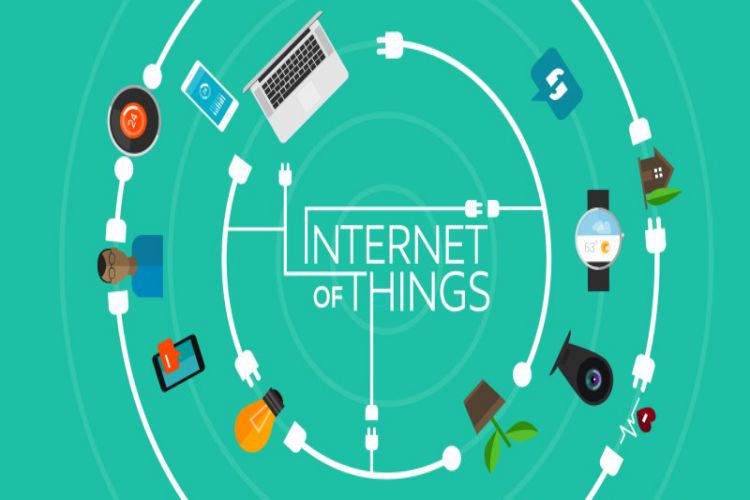 While the Internet of Things (IoT) used to be considered a niche technology for startups, it is now a go-to technology that opens up many applications for many different organizations.
While the Internet of Things (IoT) used to be considered a niche technology for startups, it is now a go-to technology that opens up many applications for many different organizations.
What is the Internet of Things (IoT)? Well, in a nutshell, it describes a network of ‘smart’ devices connected to each other via technology, sensors, and software.
The two defining features of IoT are automation and connectivity. Because two or more pieces of hardware, apparatuses or other devices are connected, there is direct communication without human interference and easy access to information.
In order to work effectively, the Internet of Things needs to leverage multiple technologies for automatic data transfer, response, and analysis.
However, automation is not possible without Artificial Intelligence, Machine Learning, and Big Data. At the same time, connectivity is enabled by wireless communication and cloud computing. These technologies and features give IoT five advantages.
Table of Contents
1. Increased Efficiency
With IoT solutions, repetitive and time-consuming tasks can be automated, freeing up time for human resources to focus on higher-value tasks that affect the organization’s bottom line.
For instance, a company that deals with car leasing and has a fleet of cars can install a control unit that exchanges data – like fuel levels and miles traveled – remotely. This allows for more effective management and a reduction in costs.
The fewer human resources and person-hours wasted on repetitive tasks, the lower the cost of business operations. Furthermore, automation completely eliminates human error.
2. Increased Employee Productivity
Digitalized processes can have a significant impact on team coordination. While smart working and new technologies have already improved employee performance, IoT allows for more interconnected departments and greater mobility for employees.
For instance, wearable devices can be used to monitor employee health or employees working in unsafe environments. IoT is not the only technology that increases employee productivity – cloud, Artificial Intelligence, and mobile technologies do too.
3. Increased Customer Satisfaction
Customer satisfaction should never be underestimated in business. IoT facilitates remote data transfer and even allows a manufacturer to detect and evaluate anomalies or monitor whether a device is working correctly.
This remote access to data allows faster resolutions to problems, provides valuable insights for marketing campaigns, and even facilitates the creation of new services and products. Increased customer satisfaction is driven by solutions that are tailored to the client’s needs.
4. A Bolstered Reputation
Companies that leverage high-tech solutions are generally viewed favorably by their customers, investors, and business partners.
In addition to fostering an excellent reputation, employing IoT attracts experienced and highly sought-after employees who want a safe and secure working environment.
5. Effective Marketing and Business Development
Smart devices in people’s homes – especially appliances and voice-activated assistants – can provide invaluable insights that can be utilized in business analysis and development.
IoT can help businesses by collecting a large amount of user-specific data that can be used for targeted advertising, business strategy, evaluating a company’s price policy, and any other management and marketing endeavors.






